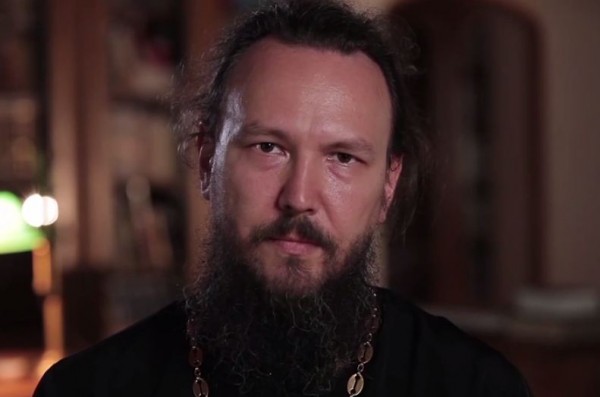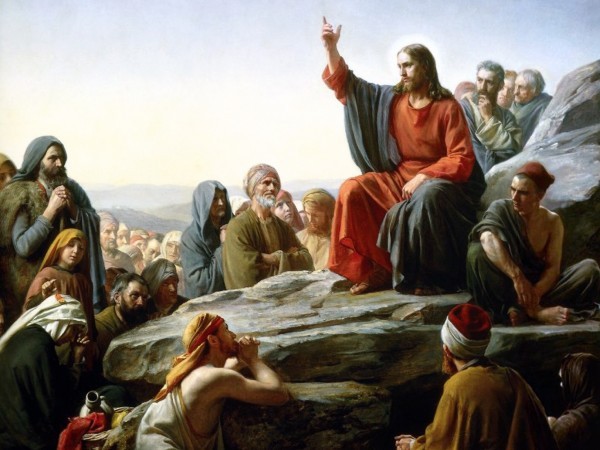And as you would that men should do to you, do ye also to them likewise. For if ye love those that love you, what thank have ye? For sinners also love those that love them. And if ye do good to them which do good to you, what thank have ye? For sinners also do even the same. And if ye lend to them of whom ye hope to receive, what thank have ye? For sinners also lend to sinners, to receive as much again. But love ye your enemies, and do good, and lend, hoping for nothing again: and your reward shall be great, and ye shall be the children of the Highest: for He is kind unto the unthankful, and to the evil. Be ye therefore merciful, as your Father also is merciful (Luke 6:31-36).
 The law by which Old Testament mankind lived was fairly simple. He who kept the commandments was righteous before the face of God. He who violated them was a sinner. Accordingly, any violation of the law had to be punished. And this was not just required by natural moral law, but was required by God. An eye for an eye and a tooth for a tooth: it was only thereby that the opportunity to overcome the sinfulness of man and the spread of this sinfulness around him could be seen. The words of the Savior that we just heard might, at first glance, seem to overcome or even destroy this seemingly immutable, age-old law of justice. If someone hits me, should I not respond? If someone does me evil, should I not avenge myself? If someone robs me of my money, or if I myself give someone a loan, and he cannot return it, should I not demand it back?
The law by which Old Testament mankind lived was fairly simple. He who kept the commandments was righteous before the face of God. He who violated them was a sinner. Accordingly, any violation of the law had to be punished. And this was not just required by natural moral law, but was required by God. An eye for an eye and a tooth for a tooth: it was only thereby that the opportunity to overcome the sinfulness of man and the spread of this sinfulness around him could be seen. The words of the Savior that we just heard might, at first glance, seem to overcome or even destroy this seemingly immutable, age-old law of justice. If someone hits me, should I not respond? If someone does me evil, should I not avenge myself? If someone robs me of my money, or if I myself give someone a loan, and he cannot return it, should I not demand it back?
In fact, the Savior is by no means destroying the established law of justice, but rather is overcoming the conventionality of our human relationships. So if I can cover over someone’s human sin with mercy but do not, that means that I myself am a slave to the law.
If the whole essence of Christianity were to be summed up in one word, that word would be neither “the power of God” nor “omnipotence.” That word would be “mercy.” Be merciful, even as your Heavenly Father is merciful. And therefore Christianity’s non-resistance to the power of evil does not by any means derive from an inability or unwillingness to overcome this evil. Nothing of the sort. On the contrary, we want and we know how to overcome evil, but we do not want to become particles increasing this evil, trying to surround a greater evil with small ones.
Christ gave us a magnificent tool for resisting evil. His rule is: “do not do unto others what you do not want done to yourself.” By an attentive reading and consideration of these words of the Savior, it should become clear that, in the spread of evil, each one of us should become a stopping point. A point, and not a step by which this evil could develop and increase.
Have you been hurt? Be patient. Have they not returned your money? Forgive. Does a wave of righteous anger arise in your soul before the face of obvious sin? Calm down. Because each one of us is just as much a sinner as everyone else. If evil would cease its development and spread in each one of us, then we would truly be likened unto God in His mercy.
Translated from the Russian.

















